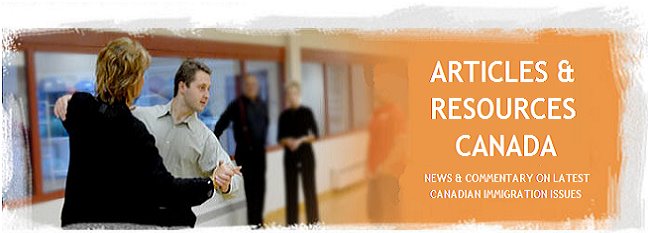On September 7, 2008, Canada’s federal government was dissolved the country’s 39th Parliament and October 14 was set as the date of next 40th general election.
The vote on October 14 is announced about a year earlier than the date Conservative’s minority goverment had specified in its electoral legislation after assuming power on January 23, 2006. It will be the third national election for Canada in just over four years.
The current Conservative Party government, like the Liberal one it succeeded, did not control a majority in Parliament. It was captured just 36 per cent of the popular vote in last election but successfully managed the longest uninterrupted minority government in Canadian political history. Conservatives are now chancing an early election to exploit their current strenghts and to face the voters before the negatives, mainly the economy, get worse.
However, critics and opponents retorted that the early vote was exactly the sort of political manipulation the prime minister had promised to eliminate.
Although the key focuses of this election campaign would be the economy and the environment but any formation in government after October 14 would certainly have to deliver a straightforward policy for overhauling the country’s immigration system. The issues of reducing the current backlog, modernizing the immigration system and standardizing the recognition of foreign credentials would be a top agenda for the immigration plan for 2009.
Moreover, the future of recent Conservative-sponsored immigration amendments is also directly related with the results of October 14 elections. Mainstream opposition parties have already pledged that they would repeal these new amendments should the Conservatives fail to win this election.
The Conservative-legislation, opposition is promising to repeal, was written into the 2008 budget bill C-50 in an attempt to tackle a backlog of nearly one million applicaitions and, consequently, excessively long processing times. Critics have taken aim at the law for the authority it assigns to Minister of Citizenship and Immigration to hand-pick immigrants. However, it does not seem possible to throw this legislation entirely due to its idea to move away from a first-come first-served system to one that selects immigrants based on labor market requirements. Rather than scrapping it, the new government may improve transparency in it.
Before dissolution the Conservatives held 127 seats, the Liberals 95, the Bloc Quebecois 48, and the New Democrats 30 seats in the Parliament of 308 Members. Four seats were vacant while Independents held another four seats. To win the majority, any one party would be needed 155 seats but most pundits believe it will be difficult for a single party to win the majority and future government would be another coalition.
Opinion polls in the past year have suggested only a slight difference between support for the Liberals and Conservatives.
Thursday, September 18, 2008
Canadians head to the polls next month for country’s 3rd national election in 4 years
Posted by
Salman Hussain
at
3:14 AM
![]()
Labels: canadian immigration, elections, immigration policies
